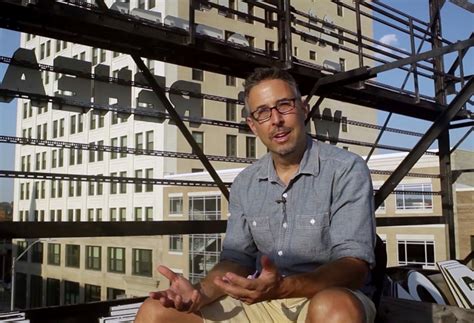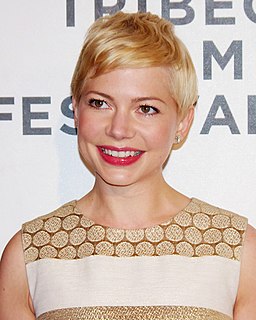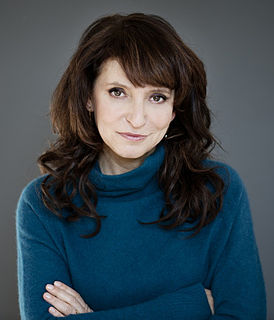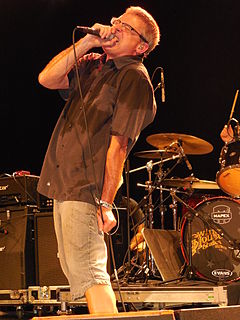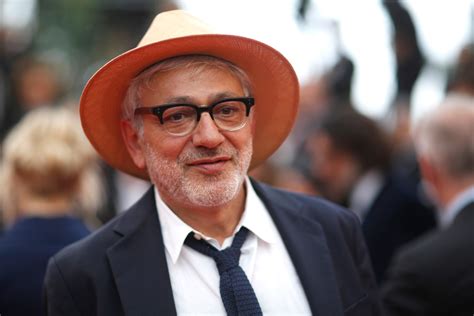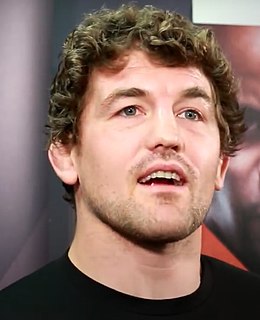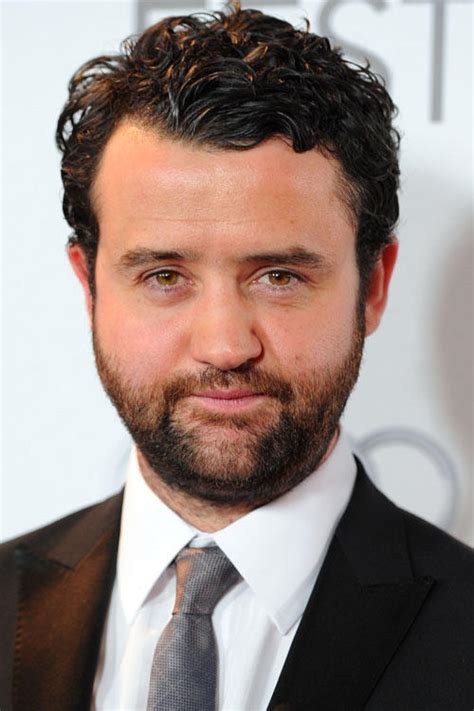A Quote by Peter van Agtmael
I am still covering conflict to some degree. I was back in Iraq. I've covered quite a bit of the Israel and Palestine. But I'm not doing it with the kind of intensity I was before and I'm not seeking out the front line and the kind danger that comes with being at the edge of the war the way I used to.
Related Quotes
We've always defined conflict fairly broadly from ideological conflict to troops on the ground. For quite some time we've talked about a focus on Palestine. Certainly no one can deny that Israel is conflict with Palestine and no one can deny that the U.S. is the largest supporter of Israel internationally - not only financially, but also in the United Nations where the United States is one of the very few countries that does not recognize Palestine as a state.
There's a kind of edge to what you're doing, the kind of leading edge of what you're doing. Inside that edge [are elements you] are familiar with, and are probably becoming slightly bored with, as well, over a period of time. "I've pulled that one out before. Oh, no, I can't I'm just fed up with that. Let's do something else."And you always think "Oh my God I've never done anything at all like that before." But, of course, in retrospect, and to an outsider, they'll say, "Oh, yeah that's typical Eno.
I can't believe that this world can go on beyond our generation and on down to succeeding generations with this kind of weapon on both sides poised at each other without someday some fool or some maniac or some accident triggering the kind of war that is the end of the line for all of us. And I just think of what a sigh of relief would go up from everyone on this earth if someday-and this is what I have-my hope, way in the back of my head-is that if we start down the road to reduction, maybe one day in doing that, somebody will say, 'Why not all the way? Let's get rid of all these things'.
Palestine is about how we drink the water, whether we are being ecological or not. Palestine is our way of exercising our daily living. That's what's going to solve the problem of Palestine. It's also how we think of ourselves spiritually. This kind of disconnectedness is harmful to the person who is acting that way and is sometimes annoying.

